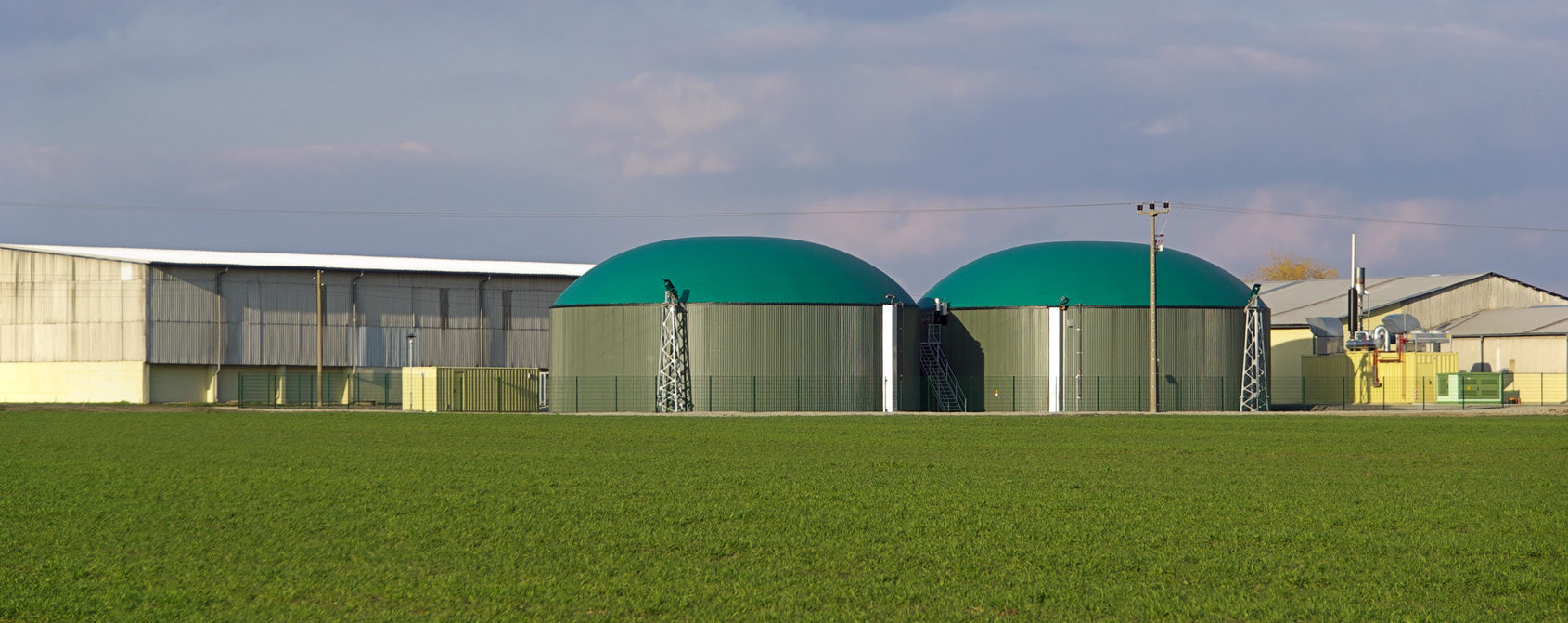In 2019, DEFRA’s consultation on the mandatory food waste proposal, highlighted the range and complexity of technical, logistical and financial matters which all stakeholders would need to consider when developing a biowaste collection and treatment strategy. It also made direct reference to anaerobic digestion as a preferred treatment route for household collections, providing a significant boost for the sector.
Since then, we have seen a shift in thinking in some areas. It is expected that certain existing comingled waste collections such as food and garden wastes will be reflected in the updated Waste and Resources Strategy while exemptions, which may excuse the source segregated food waste collection requirement for some local authorities, are also likely.
Coupled with the existing national capacity surplus across food waste treatment AD assets, many of which have also been hit hard by the downturn in commercial food waste volumes during the pandemic, there is no denying that new opportunities for the sector remain limited with many contracts being extended or being let on a short term or interim basis.
And so, while the AD sector received a significant boost with the publication of the Resources and Waste Strategy in 2019 – and few would argue against the importance of making improvements to the way in which household organic waste is collected and treated – it is understandable that the road ahead appears uncertain for many.
But in a matter of weeks, the second round of consultation on the forthcoming Resources and Waste strategy means that we can expect greater clarity regarding mandated food waste collections, and particularly, where exemptions will apply. In fact, the year ahead will almost certainly herald the most significant changes in the biowaste market in recent years. And the coming months will be of particular importance to the anaerobic digestion sector, as it gains understanding of and identifies the longer-term food waste supply opportunities.
Importantly, clarity surrounding specific local authority’s obligations regarding mandated food waste collections and exemptions will facilitate crucial discussion between stakeholders throughout the industry and local government.
This importance of this engagement between the sector and government cannot be overstated, if the objectives for both ar
e to be reflected in the development of waste treatment services that must follow. The anaerobic digestion sector too must play its part, representing its services effectively if the objectives of the Waste and Resources Strategy are to be achieved, and the strategic opportunities which the coming year is set to afford, are not to be wasted.
Find out more about WRM’s specialist environmental services including waste procurement and feasibility & due diligence.
